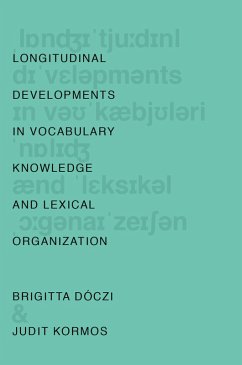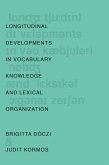Words are the building blocks of human communication and provide a strong foundation for the development of skilled language production and comprehension. Learning words in a language other than one's own requires long-term commitment and substantial engagement. This research monograph offers a summary of how learners of additional languages acquire vocabulary in instructed foreign language contexts and in English for Academic Purposes programs in the target language environment. After a thorough introduction of the most important constructs in the first chapter, the book provides a comprehensive description of the processes of longitudinal development in learners' growth of vocabulary size and depth of word knowledge. In the second half, the authors make novel connections between the fields of second language acquisition and vocabulary research. They then show how individual differences between learners can influence the processes and outcomes of vocabulary learning. The book concludes with evidence-based practical guidance to language teachers on how to enhance their students' lexical knowledge.
Dieser Download kann aus rechtlichen Gründen nur mit Rechnungsadresse in A, B, BG, CY, CZ, D, DK, EW, E, FIN, F, GR, HR, H, IRL, I, LT, L, LR, M, NL, PL, P, R, S, SLO, SK ausgeliefert werden.









